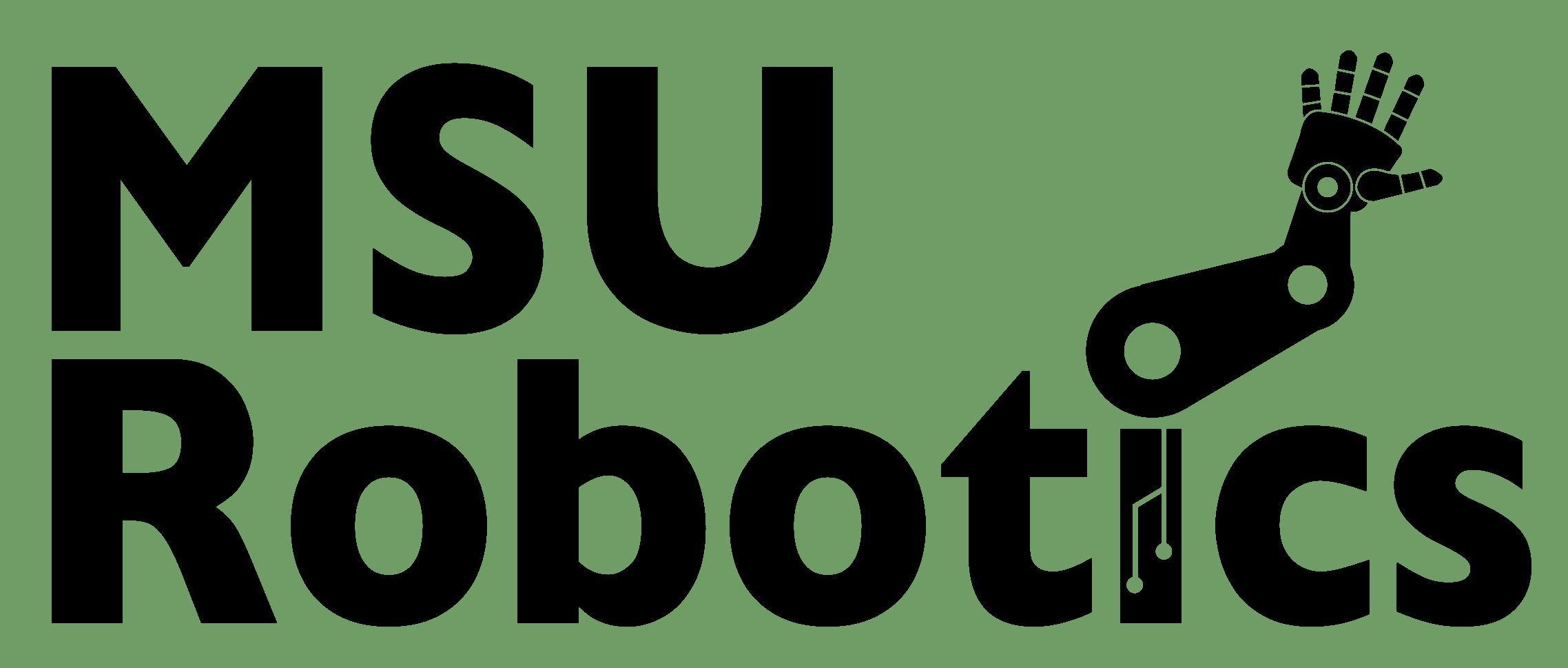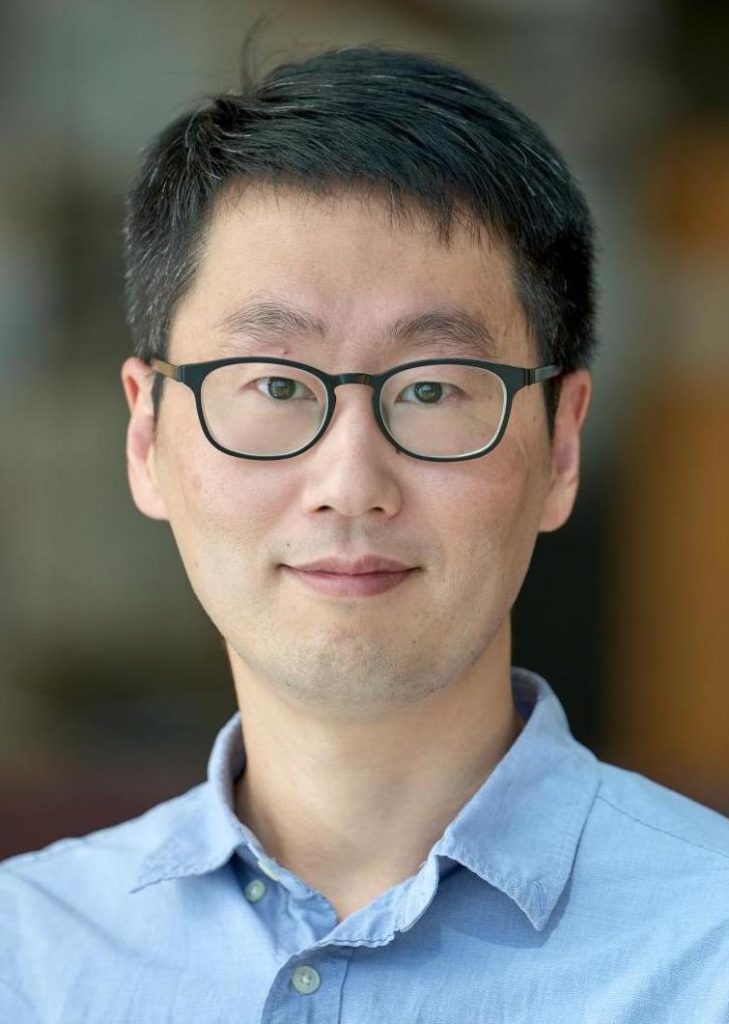Shinkyu Park
Electrical and Computer Engineering
King Abdullah University of Science and Technology
Wednesday, April 12, 2023 | 11:00 AM | Virtual
Abstract: In this talk, we discuss the design, analysis, and application of learning models in large-population games. In population games, given a set of strategies, each agent in a population selects a strategy to engage in repeated strategic interactions with others. Rather than computing and adopting the best strategy selection based on a known cost function, the agents need to learn such strategy selection from instantaneous rewards they receive at each stage of the repeated interactions. In the first part of this talk, leveraging the evolutionary dynamics formalism, I explain principled approaches to design learning models for the agent strategy selection that guarantee convergence to the Nash equilibrium of an underlying game, where no agent can be better off by changing its strategy unilaterally. I also talk about the design of higher-order learning models that strengthen the convergence when the agents’ strategy selection is subject to time delays. In the second part, I describe how the population game framework and its learning models can be applied to multi-robot task allocation problems, where a team of robots needs to carry out a set of assigned tasks in dynamically changing environments. Using multi-robot resource search and retrieval as an example, we discuss how the task allocation can be defined as a population game and how a learning model can be adopted by individual robots to select and carry out assigned tasks.
Bio: Shinkyu Park is the Assistant Professor of Electrical and Computer Engineering and Principal Investigator of Distributed Systems and Autonomy Group at King Abdullah University of Science and Technology (KAUST). Prior to joining KAUST, he was Associate Research Scholar at Princeton University engaged in cross-departmental robotics projects. He received the Ph.D. degree in electrical engineering from the University of Maryland College Park in 2015. Later he held Postdoctoral Fellow positions at the National Geographic Society (2016) and Massachusetts Institute of Technology (2016-2019).
Park’s research focuses on the learning, planning, and control in multi-agent/multi-robot systems. He aims to make foundational advances in robotics science and engineering to build individual robots’ core capabilities of sensing, actuation, and communication and to train them to learn the ability to work as a team and attain high-level of autonomy in distributed information processing, decision making, and manipulation. His past research projects include designing animal-borne sensor networks to monitor wild animal groups in their natural habitats. He also created a fleet of urban autonomous surface vessels capable of transporting people, providing deliveries and trash removal services through urban canal networks. MIT News highlighted a selection of research achievements. He is a recipient of 2022 O. Hugo Schuck Best Paper Award (Theory) from the American Automatic Control Council (AACC) for his paper titled “KL Divergence Regularized Learning Model for Multi-Agent Decision Making.”

